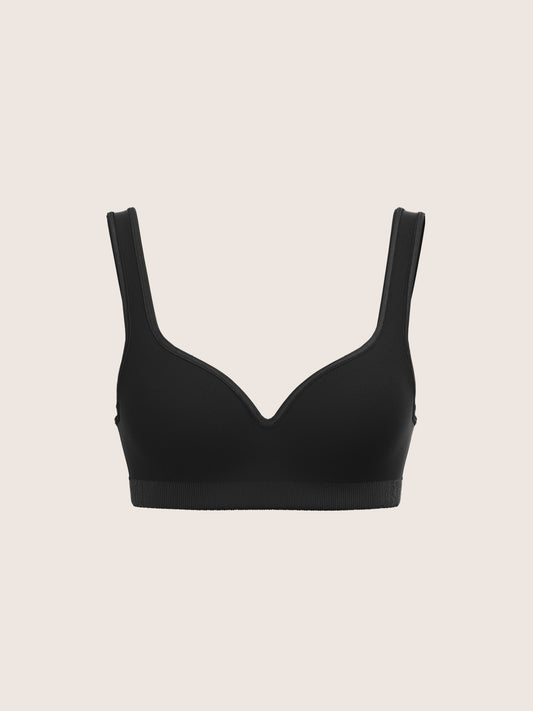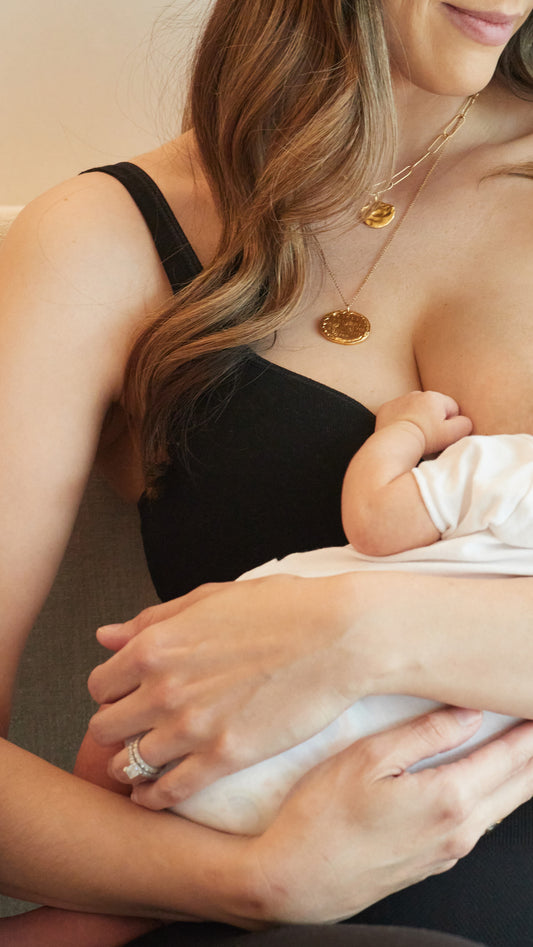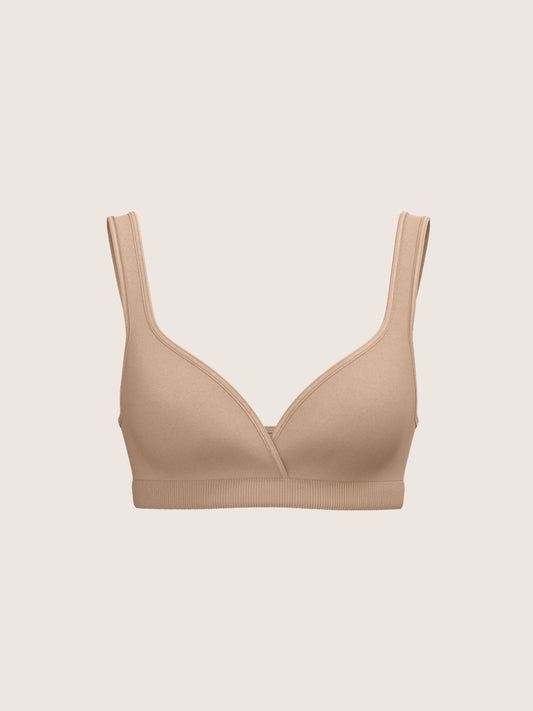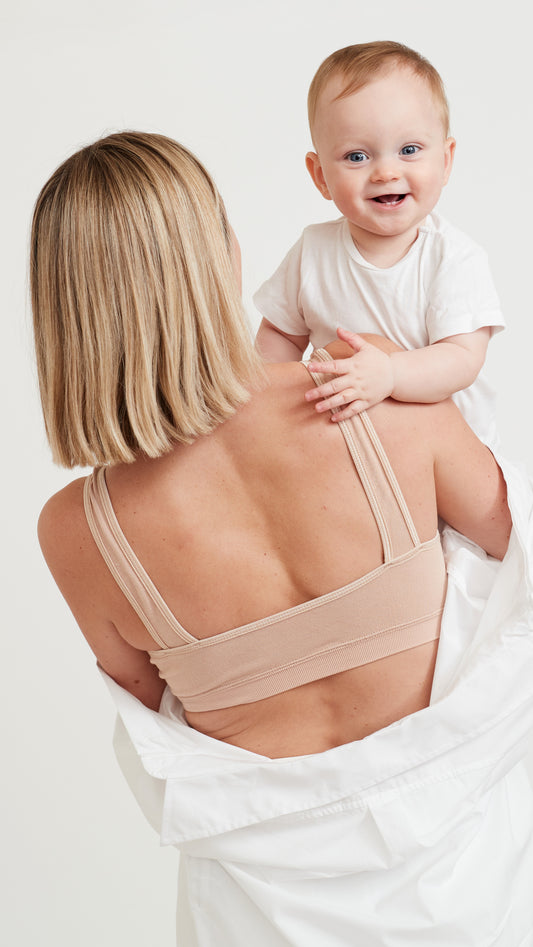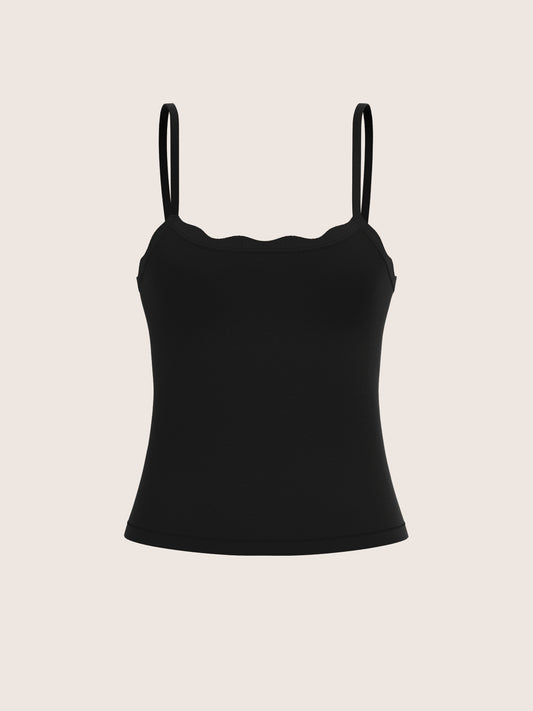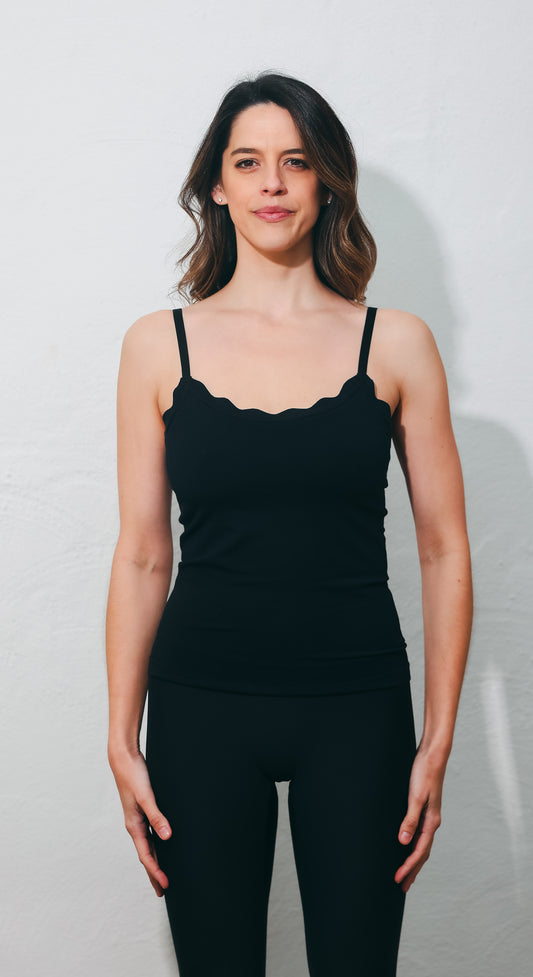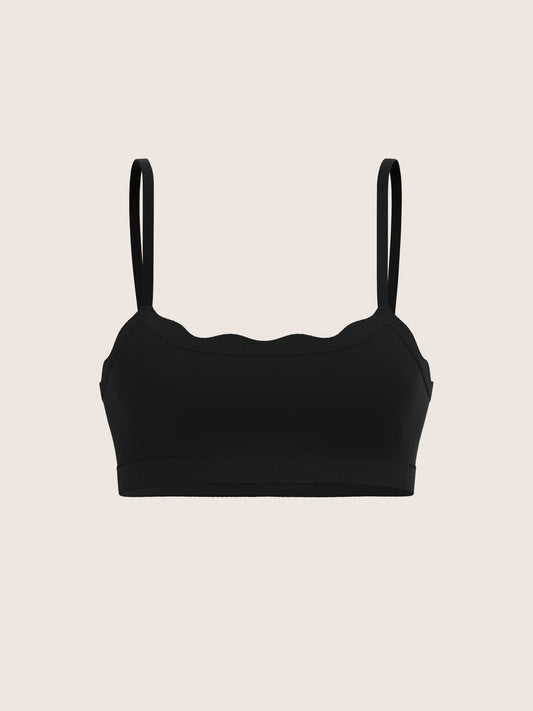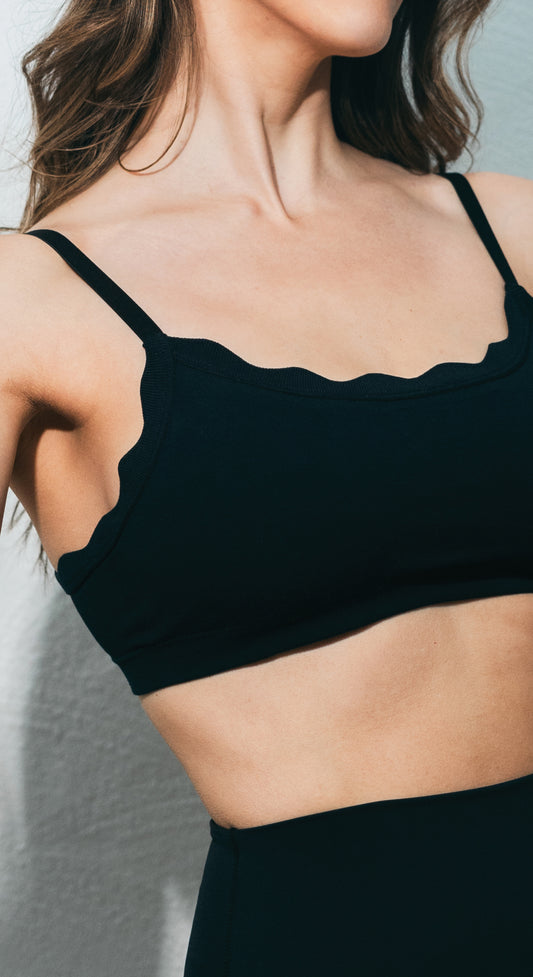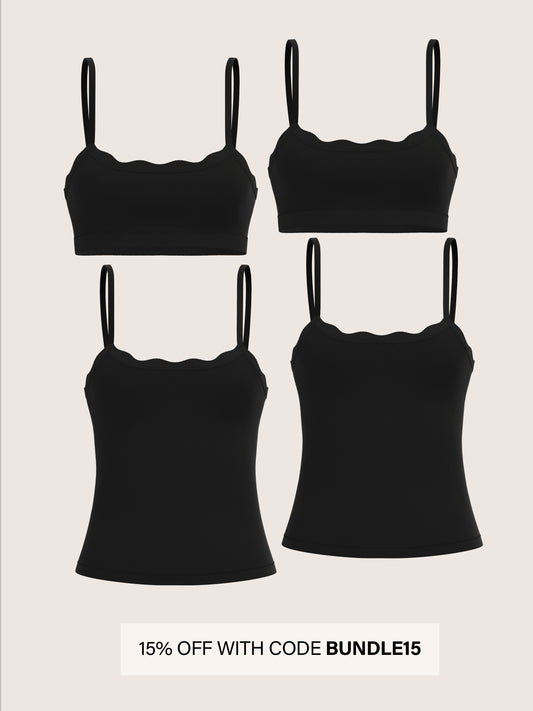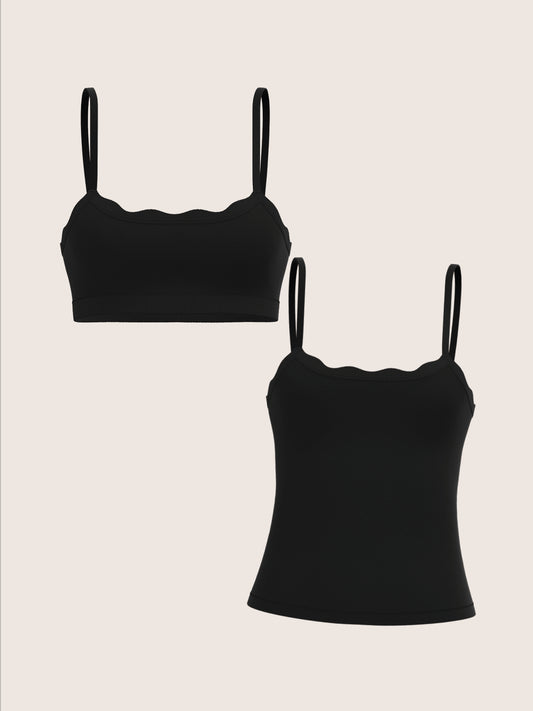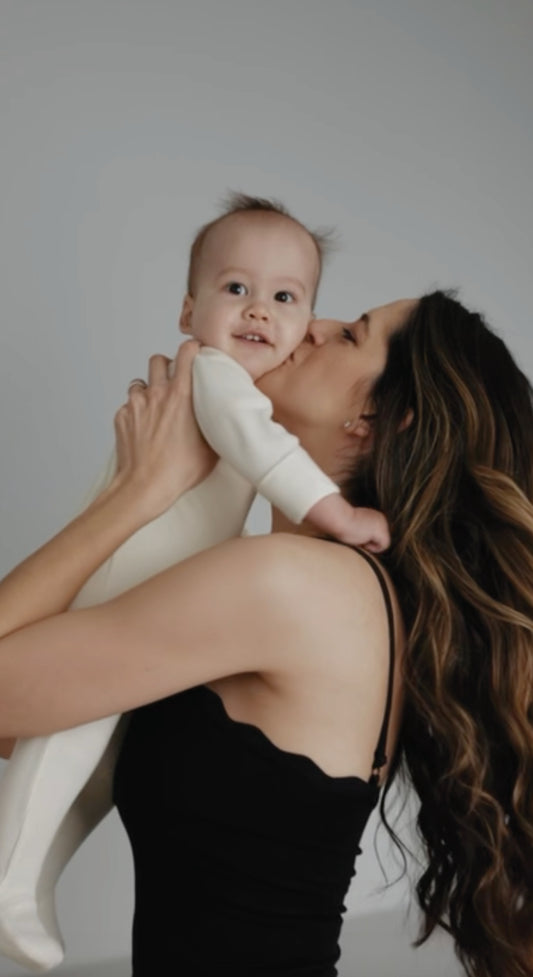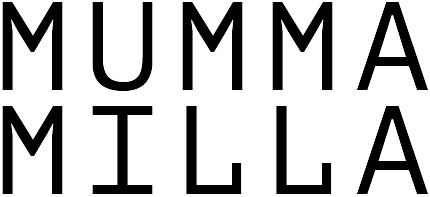Can you tell us a little bit about yourself?
My name is Vanessa and I’m a Paediatric Nurse specialising in critical care and have been doing this for 12+ years. Outside of this, my focus and job are being a birth and postpartum Doula, Hypnobirthing Educator and founder/owner of Illoura Birth.
To top it all off, I am a Mum to 3 energetic boys under six. I am currently undergoing further study in the infant and paediatric sleep area, focusing on biological sleep and ways we can support this in young children.

What exactly is hypnobirthing, and how can it prepare one for a positive birth experience?
"Hypnobirthing is a birth preparation technique to help expectant mothers and their partners prepare for childbirth. It encompasses a range of relaxation techniques, in particular self-hypnosis, breathing and visualisation to reduce tension, fear and ultimately help the woman achieve a positive birth experience."
Hypnobirthing really stems from the idea that tension and fear leads to increased pain during labour. When you learn to release that tension and fear, and instead focus on remaining relaxed, trusting your body and baby, you’re more likely stop fighting with your body’s sensations. This can help you remain focused and calm, allowing your body to work effectively.
It is important to note that hypnobirthing is not set way to birth, it is designed to prepare you for all birthing situations. As an educator my mission is to have you feeling confident and coming out of your birth feeling positive and empowered.
There is lots of preparation and education around giving birth, but the postpartum period tends to be missed.
How do you educate mums-to-be about this important phase, and what are some of the key things that they should focus on during this time.
We focus so much on the birth, and only when we are in the moment of postpartum itself do we realise we should have also invested the time and energy for postpartum education and preparation. The focus of my teachings is emphasising the change and transition that occurs; we do not give it credit. It’s a massive adjustment, but with planning and education, it can be restful, enjoyable, and empowering.
I am a big advocate for postpartum planning, but not a simple plan of filling the freezer with food; instead, I encourage you to explore what life is going to look like and what you can implement before birth and once home with your baby. For example, during my postpartum planning session, we explore subjects like mental health and setting up supports, household chores, self-care for both mum and dad, breastfeeding support, optimising healing and locking in any postpartum supports such as physiotherapist, lactation consultant, GP, Doula. Of course, nourishment is a priority, too, and filling the freezer is important, but go beyond that and think about what you can put into the freezer that is healthy and will help your body while it is healing.
Can you tell us about your World First Positive Caesarean Birth Course and how it can help mothers achieve an empowering Caesarean Birth.
The Positive Caesarean Course I teach has been developed by Hypnobirthing Australia and is recognised as the world's first hypnobirthing caesarean course. I love teaching this course and opening the doors for parents to explore their options when it comes to caesarean birth. Using relaxation during a caesarean birth can benefit in so many ways, and we have research to prove this!
"Using hypnobirthing allows you to be in the moment, protect and close the hormonal gaps that can occur."
It promotes a family-centred approach where a mother and baby are minimally separated. Every woman deserves a positive birth experience no matter how their baby enters the world.
Life with a newborn baby. What does this look like?

The newborn days are a beautiful, yet intense time filled with wonder, joy, and adjustment.
It can look different for everyone; no one journey is the same, and every baby is unique within themselves. However, some similarities in newborn behaviour include cluster feeding, wanting to be close to parents and unsettled periods. Days can look chaotic, but often, we are trying to do too much when, instead, this is a time you can give yourself permission to stop, slow down and embrace this season of early parenting.
"My biggest tip for new parents is to remember that newborn days are fleeting."
Cherish these precious moments and trust your instincts as you navigate the joys and challenges of early parenthood. Seek support from trusted resources like healthcare professionals, parenting classes, and support groups if needed.
You're a mum of three! What has your journey been like giving birth three times over, your breastfeeding journey's etc.

I am fortunate to have had three incredibly empowering birth experiences. I used hypnobirthing for all three, and I still look back and reflect on my first pregnancy journey, where my husband and I attended hypnobirthing classes; it set us up to have a positive experience and calmly meet any deviations that occurred. I have had three inductions, and over the years of educating, I have seen so much fear driven into women around inductions; the important message I want families to know is they can be very empowering. Empower yourself with knowledge and hands-on tools to carry with you during birth.
My three breastfeeding journeys’ have all looked different. My first required the use of nipple shields for three months due to my baby having a small jaw and finding it hard to latch, and with the support of a lactation consultant, we were able to feed for 14 months successfully. My second journey was by far my most stressful, with pressure to stop breastfeeding from many health professionals due to my baby’s gut intolerance to cow’s milk protein. Again, with the support of those around us and holistic health professionals, we breastfed for 16 months. Now, on my third journey, my most empowering journey, I never want it to end. The difference third time has been the knowledge I gained through education and the support I actively set up after birth. At 14 months, we are still going strong with no plans to stop anytime soon.
How do you juggle work life / family life.
Honestly, I don’t think I’ve ever got the balance between the two. Family demands are forever changing, as are work demands. What I do find that helps are planning and being intentional with boundaries. It’s taken many years to see what those boundaries are, but now implementing them feels good, and both family and work can get the attention they require.
What are some of your tips to help mum and baby with their breastfeeding journey those first few days after giving birth. I.e baby-led attachment, your key successful breastfeeding essentials?
Get your Golden Gour! Or Hours; this is crucial for the mother-baby bond and initiation of breastfeeding. The golden hour is a set of evidence-based practices to allow the baby to transition from womb to world and promote the hormonal changes after birth we need. If you don’t get your golden hour, aim for as much skin-to-skin in the days after birth. Your baby will love this, and your hormones will love it even more. Allow your baby to demand feed as they need, and ensure you have the support around you to help guide you and your baby to optimise latching and comfort in positioning.
My fundamental essentials are education before your baby arrives, setting your intentions and goals and then surrounding yourself with the support that will boost your confidence and cheer you on. Seek lactation support early for any issues and trust that your baby and body know what to do.
Understanding normal newborn behaviour and feeding patterns can help reduce the stresses and thoughts around low milk supply.
Our bras are designed for maximum comfort, especially for when milk comes in as they are wire free and buttery soft.
Why is it important to wear something that isn't restricting, and what is your advice for engorgement?
Restricting clothing can create a myriad of issues when breastfeeding, and engorgement is one of them. Your comfort is always paramount and should always be a priority. While changing your wardrobe can be a mindset shift, the fulfilling feeling of comfort will never fall below the discomfort that restricting clothing can create.
When it comes to engorgement, you’re likely going to experience it at least once in your breastfeeding journey. Education is so important, which is what I cover in my courses. Understanding what engorgement is, what the signs are, what the management is and how to prevent it can reduce the stress and fear if you experience it.
My advice for breast engorgement is always to follow evidence-based advice. Remove your bra; this can be helpful during a feed. Gently stroke your breasts; do not apply firm massage. If you need to before a feed to help your baby latch, you can hand express to draw out the nipple. Anti-inflammatory medication can provide pain relief, along with cool packs on your breast. Ensure you are breastfeeding your baby often, avoid missing feeds, and do not hesitate to seek support from a lactation consultant or health professional.
You can follow Vanessa from @illourabirth here
Vanessa Barnard | Nurse | Doula | Mum
I help you get informed & confident
Now offering birth support 2024!
Hypnobirthing for ALL births
Breastfeeding & Newborn courses
